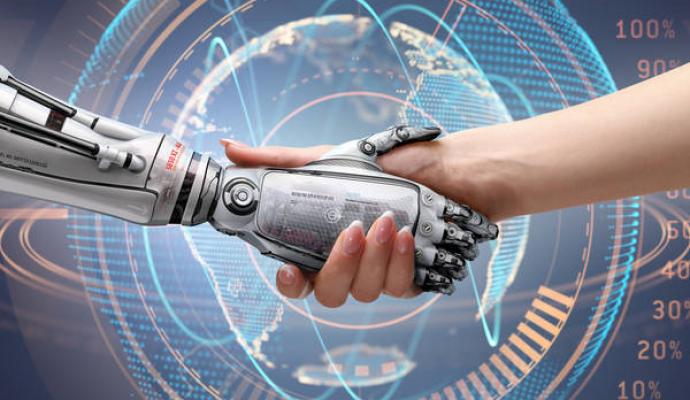To better understand if we are facing a new industrial revolution with what is called Industry 4.0, continues the interview with Professor Norberto Pires whose first part was published here.
Q – Does Industry 4.0 require new skills in the workforce? Which?
A – Industry 4.0 poses two major challenges. Firstly, it requires new skills and knowledge, making room for a new job offer that reaches significant values.
However, on the other hand, it undermines many of the functions that are performed today by many millions of people, posing the challenge of reconverting them.
In other words, since Industry 4.0 is a plan to regain competitiveness, with many of us focusing on technological aspects and potential gains, we leave open, without taking precautions, the enormous needs for the formation of profiles that are very different from the current ones (linked to a new reality, with machines, more digital, more related to the management of large volumes of information in real-time) and that appeal to skills that we do not train properly (technological aspects, the ability to use machines, to program them, the spirit critical, the ability to quickly grasp new realities, leadership, valuing competence, etc.), but also the reconversion of those caught by the process (designed to be fast). The numbers are very clear. Last year, a report from the World Economic Forum he said that in 2020 there would be a deficit of 1 million data engineers in the European space alone.
Not all European universities are capable of training all these people. In the same report, companies confessed that 41% of their workers would need training plans longer than 3 months, and that 20% would need 6 months or more (10% more than a year).
It's doing the math, as António Guterres used to say. Studies by several national and international consultants (such as the PwC, McKinsey and Boston Consulting Group) point to an increase in job offers across Europe of around 5% (in the next 10 years) of the total number of people working in areas associated with Industry 4.0, which is equivalent to more than 16 million jobs (350 thousand only in Germany).
The training challenges, which were well present in the report of the Boston Consulting Group that gave rise to Industry 4.0 were neglected and are now a huge problem, for which we are not prepared and could generate a very serious social problem. For example: According to the famous magazine Harvard Business Review, 5 of the new types of jobs created by Industry 4.0 are ranked among the 20 sexiest jobs of the XNUMXst century.
These jobs are: 1) Industrial data scientists; 2) Robot Coordinator; 3) Industry 4.0 solution architect; 4) Industrial computer engineer/programmer; 5) Industrial UI/UX programmer.
In other words, all new jobs, for which we don't train people.
Q – Are Portuguese universities monitoring the training of these new skills?
A – I don't think so. The other day, at an event in Coimbra, a national businessman who earns more than 600 million euros, put his finger on the problem saying, at a certain point, that the University teaches more or less as it did 50 years ago.
It's the same methods, sometimes with the same people, or the same ones, without realizing an enormous need for change.
Not only in the training offer, but essentially in the way they connect to the world, how R&D is oriented, also to improve the economy, in the way it leads social and economic transformations and in the way it supports these transformations.
It is a gigantic change because it implies moving away from a logic centered on itself, to a logic centered on the service provided: on teaching, on science and on the capacity to change the world.
Author Antonio Piedade
Science in the Regional Press – Ciência Viva
© 2019 – Science in the Regional Press / Ciência Viva


















Comments